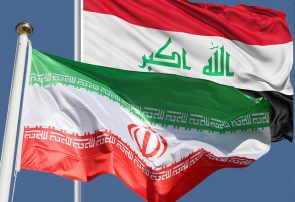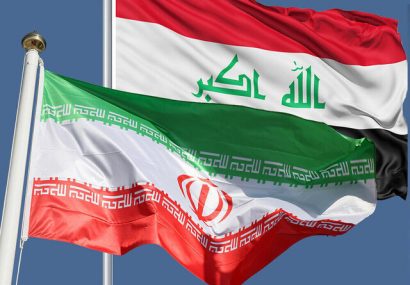Iran Expands Trade with Arab Markets Through Iraq
TEHRAN (Iran News) Jahanbakhsh Sanjabi Shirazi, Secretary-General of the Iran-Iraq Joint Chamber of Commerce, stated that Iran’s exports to Iraq surpassed $10 billion in the past 10 months, while imports from Iraq stood at $446 million. This results in a 95% trade surplus in favor of Iran. Despite a decline in energy exports, including electricity and gas, Iran’s trade growth with Iraq remains strong.
One of the key developments in trade relations is Iraq’s recent approval for the establishment of an industrial zone on the border. According to Sanjabi, the special industrial zone in Zurbatiyah has been approved by Iraq’s parliament and government. He emphasized that this initiative is significant as Iraq is a member of the Gulf Cooperation Council (GCC) and the Arab League, which are working toward unified trade, standards, and financial regulations.
“The industrial zone at the zero-border point will encourage joint Iranian-Iraqi investments, focusing on products in high demand in the Iraqi market,” Sanjabi explained. He noted that raw materials and intermediary goods for these industries will be supplied from Iran, ensuring that much of the added value remains within Iranian territory.
By establishing this industrial zone, Iranian products could gain access to a broader market of over 480 million people across the Arab world, thanks to Iraq’s trade alliances. Sanjabi also suggested that if the zone is designated as a free trade area, border restrictions will be further eased, facilitating increased exports.
However, he cautioned that Iraq’s long-term strategy aims for economic self-sufficiency. “Iraq will not remain a consumer of Iranian goods forever. With rising oil revenues and improved economic stability, Iraq is striving to boost domestic production and reduce reliance on imports,” he said. Many sectors have already reached self-sufficiency, leading Iraq to impose tariffs or outright bans on certain imports.
Sanjabi stressed that Iranian businesses must adapt by investing in Iraqi industrial zones. This would secure Iran’s long-term presence in the Iraqi market and make it difficult for Iran to be displaced, as many industries in these joint zones would rely on Iranian raw materials. Additionally, the initiative would provide Iran with a gateway to larger Arab markets in Southwest Asia and North Africa.
Regarding Iranian rice exports to Iraq, Sanjabi confirmed that Iranian rice is in demand but is not exported in large quantities due to market regulations and seasonal restrictions. Since Iran itself is a rice importer, exports are mainly conducted through small-scale cross-border trade and passenger shipments.
This industrial collaboration signals a strategic shift in Iran-Iraq trade relations, reinforcing Iran’s foothold in the Arab market while adapting to Iraq’s economic policies.
- source : IRAN NEWS ECONOMIC DESK






























